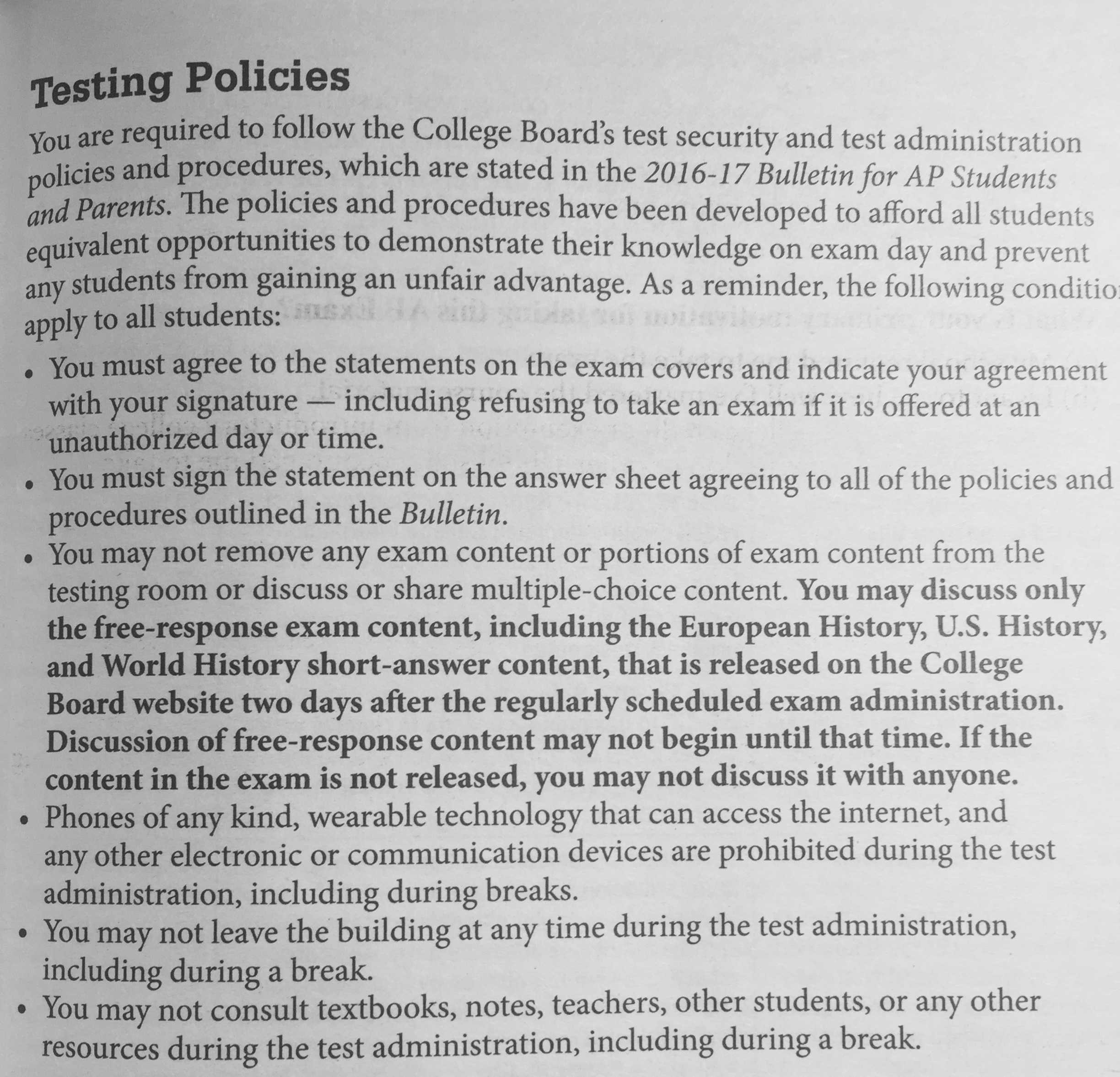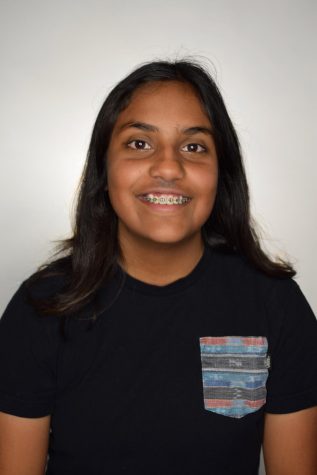Every AP test at MVHS works pretty much the same way. Students file into the gym or field house at either 7:15 AM or 12:15 PM and search frantically for their seat number. They sit down, place their AP student pack on their desk and wait. The proctor gets their attention and so the instructions begins. The bubbling, erasing and filling in boxes, finally comes to an end just as the directions are being read. Students listen along, looking around at their friends as the proctor completes their mandatory spiel. College Board states that “[Students] may never discuss the specific multiple-choice questions at any time in any form with anyone, including [their] teachers and other students.”
And almost always, this rule is broken immediately when students walk out of the room.

The second students areallowed to leave the testing area after the test, there is an eruption of sound. Whether it’s a discussion about how hard the test was, or one question that everyone got wrong, or a row of five B’s that seemed suspicious, the rule is broken. Junior Santosh Sivakumar explains his view of the situation.
“I think [the rule] ends up being pretty useless, but I understand why College Board has to say it,” Sivakumar said. “[That way,] if [people] cheat, College Board can take strong[er] action because [students] were warned.”
Sivakumar found that the rule didn’t have much of an effect and believes that most AP test takers would agree with this. Junior Michelle Chen agrees with Sivakumar that College Board has a right to have their proctors say whatever is necessary to ensure that they can take action if needed.
“A lot of [proctors] say it just because they have to. Most of the proctors are pretty experienced, like they all already know that they have to read off the instructions,” Chen said. “But I’m pretty sure they also know that there’s nothing stopping the students from talking about it after anyway.”
In MVHS it is not uncommon for students to compare answers on any form of testing. Whether it’s the SAT or any class test, students will end up talking about answers. Part of it is to seek reassurance after taking a big test, but another part is that asking about tests tends to be second nature for many high schoolers.
Junior Shreya Sthothra Bhashyam finds this rule extremely ineffective. Sthothra Bhashyam understands that students want to predict how they will do on the test by comparing the answers they are unsure about. She also believes, however, that unless people are getting in trouble for doing this, it will continue to happen.
“If people actually get in trouble for it, [the rule could be effective],” Sthothra Bhashyam said. “But I still think people are going to talk about it no matter what.”
Unless College Board finds a way to figure out what students are talking about concerning the answers, it doesn’t look like much is going to change. However, even though it’s against the rules, discussing answers isn’t too incriminating as students aren’t ever able to change their answers after the test is finished. College Board either needs to enforce its rules, or simply get rid of the rule altogether.









